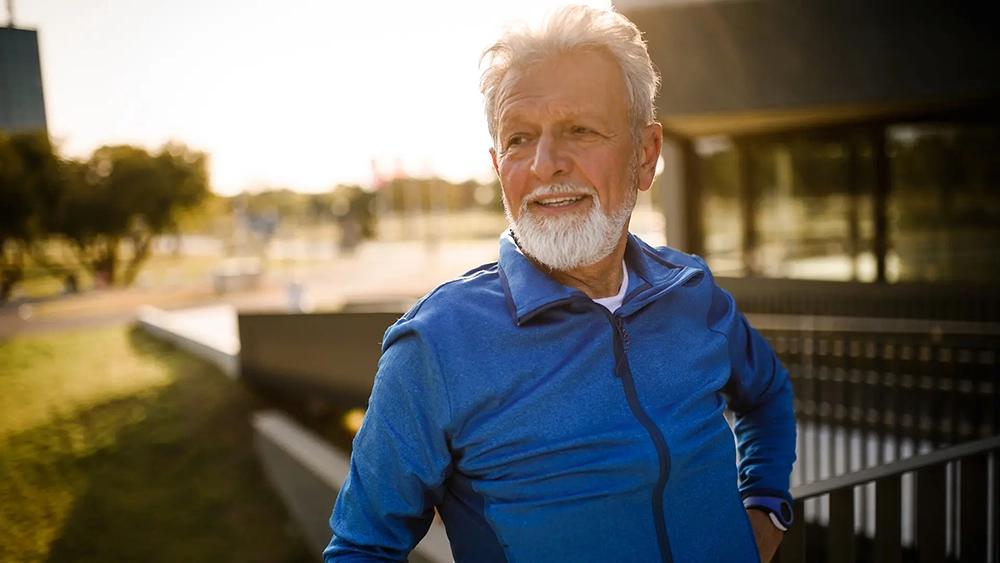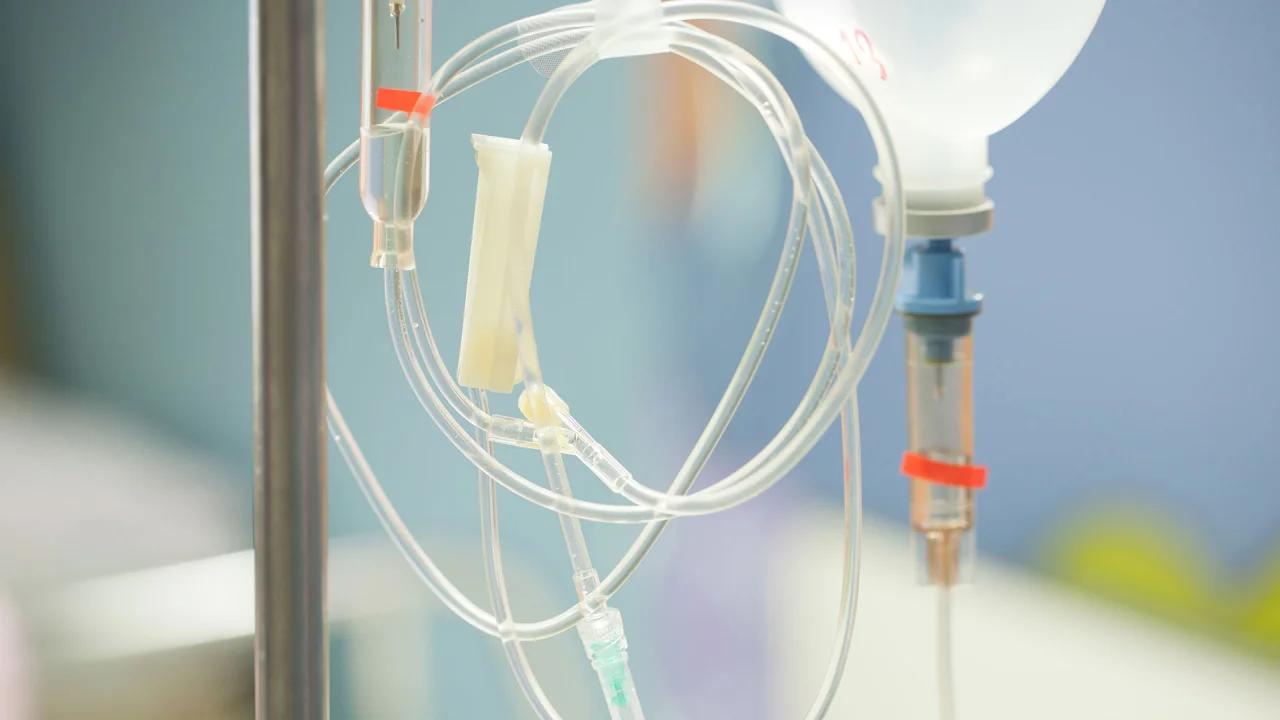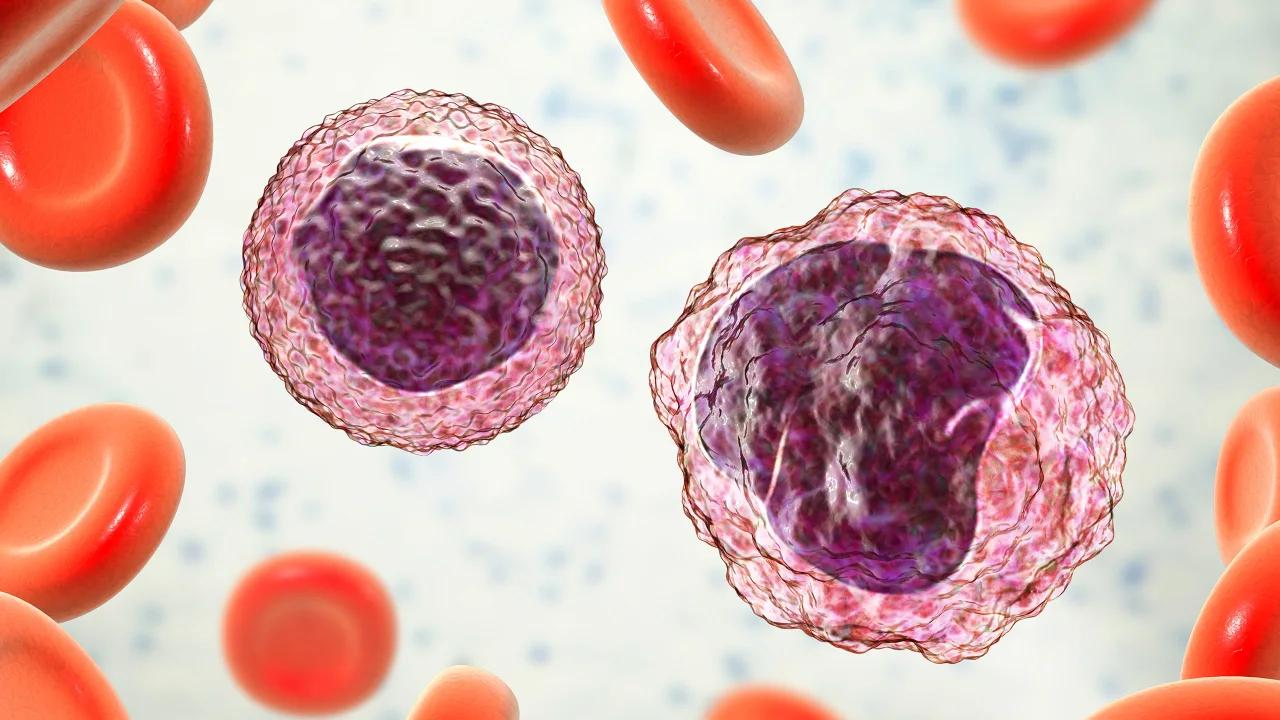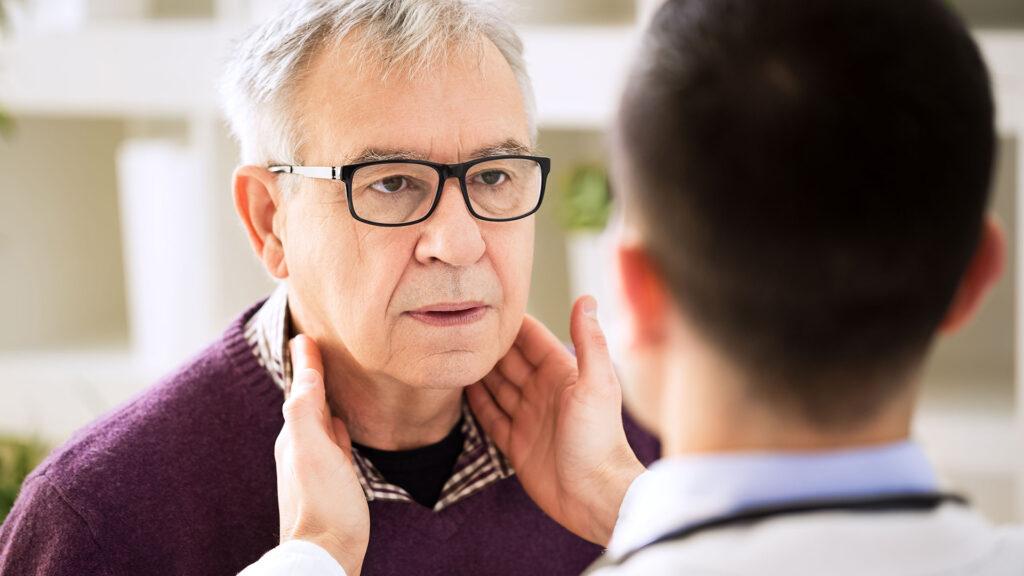Journey Overview
Navigate your Waldenstrom Macroglobulinemia health journey with confidence. Discover real patient and doctor perspectives, key specialists for your care team, doctor conversation starters, and more.
A Patient’s Journey with Waldenstrom Macroglobulinemia
Stephen B.
Diagnosis (DX): Waldenstrom Macroglobulinemia (WM)
First Symptoms:
- Fatigue (caused by anemia)
- Fever and night sweats
- Nosebleeds, bleeding gums
- Rare type of non-Hodgkin lymphoma
- Between 1,000 to 1,500 cases per year
- Average age of diagnosis is 70 years
- More common in men and Caucasians
Waldenstrom Macroglobulinemia: A Physician’s Perspective
Five answers from Dr. Vincent DeVita
Specialty: Hematologist specializing in waldenstrom macroglobulinemia (WM)
The disease is discovered during a routine exam or blood test. Also if anyone in your family has had WM, you should definitely tell your internist because first-degree relatives of someone who has been diagnosed with…Read More
Get to Know Your Care Team
The Conversation: Questions to Ask Your Cancer Care Team
Living with a rare type of cancer like Waldenstrom macroglobulinemia can come with additional challenges. Use these questions to help guide your discussion with your cancer care team.
- What are the most important things for me to know about my diagnosis?
- What treatment do you currently recommend?
- Why do you recommend this approach?
- How does this treatment work?
- What is the goal of this treatment?
- If this approach to treatment doesn’t work, what are my other options?
- What can I do to keep myself as healthy as possible? Is there anything I should avoid doing?
- How will this affect my day-to-day life? (For example, work, exercise, and intimacy).
- Are there other healthcare providers I should be working with?
- Who can I talk to if I am concerned about the cost of treatment?
- Are there clinical trials available for WM? Should I consider applying?
- Can I have copies of my lab reports and pathology reports?
- Where can I learn more about WM and how it is treated?
- What new symptoms or changes in symptoms do I need to watch for? When do I need to call you? When do I need to seek emergency care?
More on Waldenstrom Macroglobulinemia
Article
Treatment Options for Waldenstrom MacroglobulinemiaLearn about the different therapies used to treat this rare form of non-Hodgkin lymphoma.
Article
Terms to Help Understand Waldenstrom MacroglobulinemiaLearn about lymphomas, B cells, hyperviscosity syndrome and other terms related to Waldenstrom macroglobulinemia.
Article
5 Answers About Waldenstrom MacroglobulinemiaLearn the basics about this rare form of non-Hodgkin lymphoma, including symptoms and treatment.



